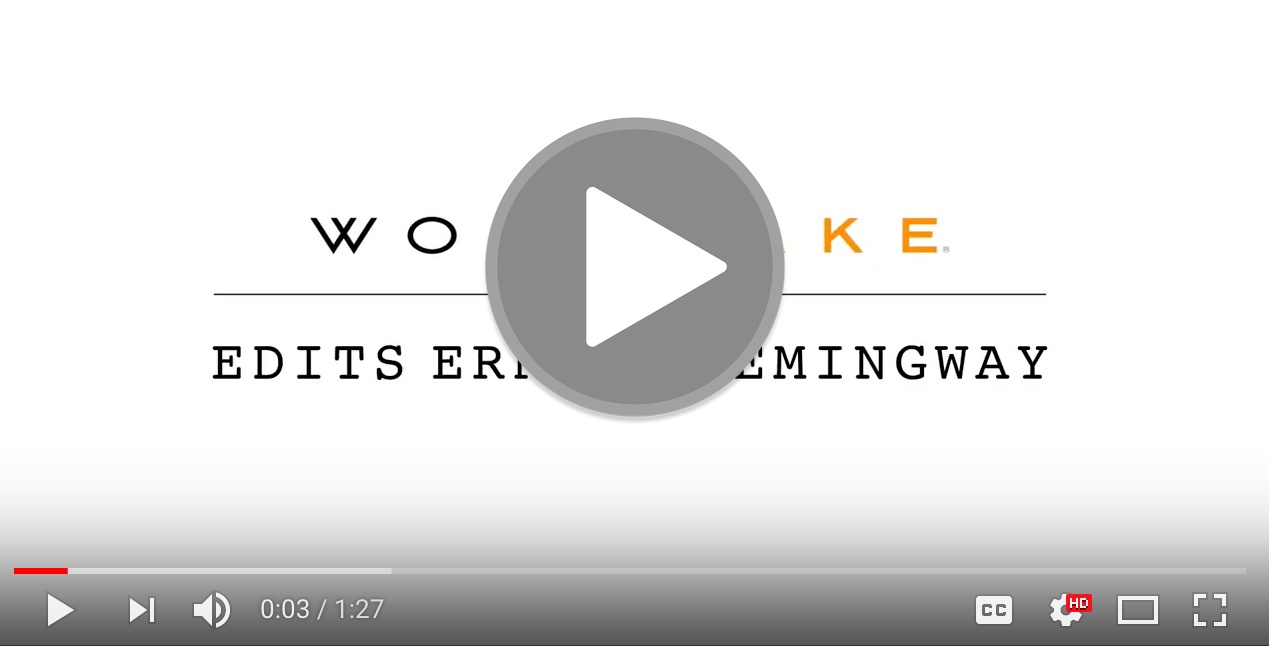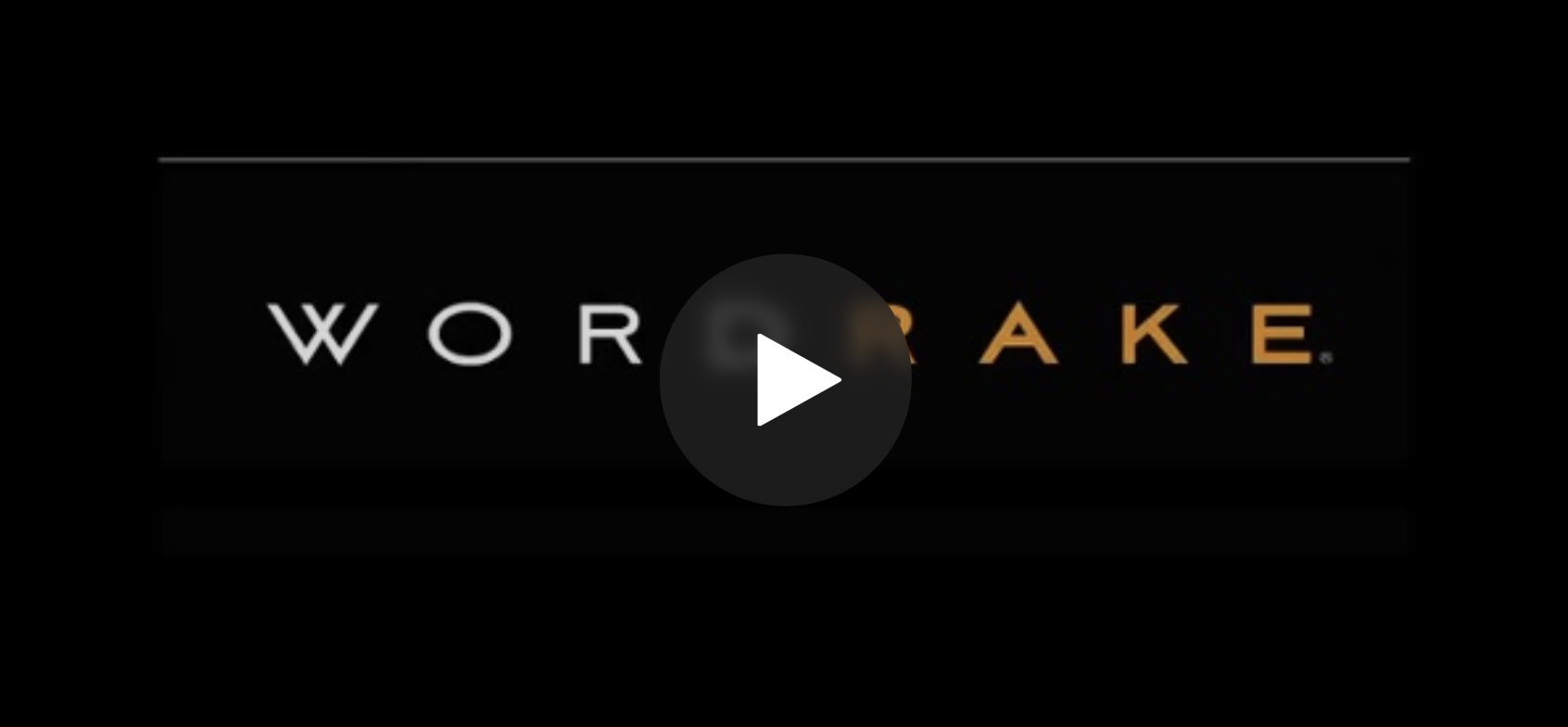

It was a hard story, difficult for some people, I think, but a very touching story. There was “In Cold Blood” that told it from the perpetrator’s perspective, but this was the first one to take the victim’s side. I’ve confirmed this since then-it was the first book ever written about a true crime from the victim’s perspective. That was called “Victim: The Other Side of Murder,” and it was a story about a mass murder. They all sound very interesting, but I think the first one got a lot of attention in terms of the subject. Tell us the names and what they’re about. I was writing as much as I could, but my day job, so I could put my daughters through school, was teaching writing programs around the country to lawyers. That was in 1988, and that was right about the time when MCLE was coming online in those states.
#Wordrake youtube how to
So at Perkins Coie, one of the lawyers said, “Why don’t you come in here and teach us how to do what you do?” I created this writing program for Perkins Coie. They didn’t want that extra layer of time involved, and they didn’t know how to charge a client for me. I assumed that lawyers with millions or even billions of dollars could certainly use an editor, but I discovered that the lawyers didn’t want an editor.


#Wordrake youtube plus
I’ve got two editors in New York plus my agent, and every time I write something, they go over and over it, plus it’s pretty decent writing to begin with, pretty tight. When I came to Seattle, I wanted to continue writing, but I thought I could become an in-house writing editor, a writing consultant for a big firm like Perkins Coie out here. Living in Sun Valley was a great place to be and my books were doing all right, but I needed more money to raise a family, so I moved to Seattle. I had two very young daughters, one year and four years old, and they were going to be starting school soon. How was it that you came to-I mean, you’re a lawyer and you taught legal writing, but how did you circle back?

I gave up on the idea of practicing law and started writing in national magazines and then eventually went to books. Finally, I decided that I wanted to devote my career to writing. It just surfaced, and I started writing more and more. Then I started writing as a hobby six months or a year after I got to Sun Valley. Some people would laugh if they heard me say that, but I learned a little bit about skiing. While I was in Sun Valley, I actually worked as a bellman for a few years and I really enjoyed that. It was so different than where I grew up in Florida. I ended up in a place called Sun Valley in Idaho, and I loved it out there. I had never seen snow before, and I wanted to live out west in the mountains. I taught in the legal writing program for a short while after I graduated, but after passing the Florida Bar, I decided I didn’t want to practice law just yet. I won a writing contest while I was in law school, but that was the extent of it. If I ever had a choice between taking an exam and writing a paper, I always chose writing a paper. I had no intention at all of becoming a writer until after I had graduated from law school. I was not one of those kids who had the neighborhood newspaper back in second or third grade. Did you always know that you wanted to be a writer? Today, he’ll give us tips about how to conquer writer’s block and be a more effective and persuasive writer. He’s taught legal writing to lawyers and judges throughout the United States.
#Wordrake youtube software
Today, my guest is Gary Kinder, a New York Times best-selling author, lawyer, entrepreneur and founder of WordRake, the first editing software for professionals. Sharon: Welcome to the Law Firm Marketing Catalyst podcast. Guest: Gary Kinder, New York Times Best-Selling Author, Lawyer and Founder of WordRakeĮpisode 77: Conquer Writer’s Block – Become a More Effective Writer


 0 kommentar(er)
0 kommentar(er)
